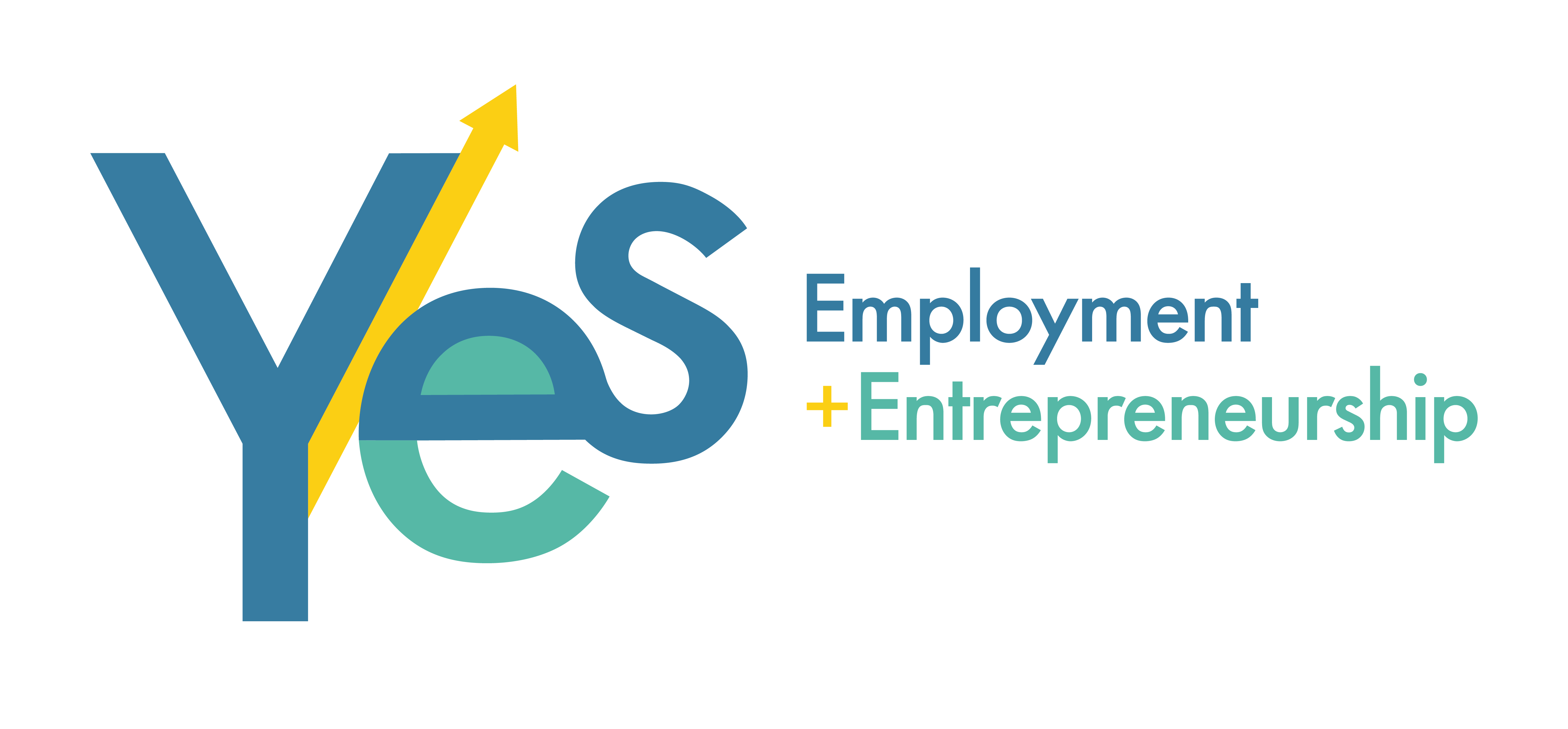Lessons Learned – Advancing Women in STEM
YES’ Advancing Women in STEM initiative, launched in 2017, was created to provide recommendations and test solutions to key challenges compromising women’s retention and access to leadership positions within STEM industries. One of the project’s main objectives was to support a team of “change agents” within select pilot companies as they created internal initiatives to support female employees, and influenced organizational functions and structures that hindered inclusion and equal access to opportunity. Outlined below are the outcomes, lessons learned, and recommendations identified by the leaders from the three piloting companies, GSoft, IC Axon and OneSpan.
Read the full document here. Version française ici.
Numerous efforts focus on increasing and diversifying the next generation of leaders in science and technology. And while we have experienced some success, a study published in the journal Educational Researcher shares important information on where we need to continue to focus our efforts.
Read the full article here
Source: Real Clear Education
In the absence of clear data about the most effective ways to recruit and retain women in STEM, here are nine strategies to improve gender diversity in the security workforce that organizations should consider trying out.
Read the full article here
Source: Security Intelligence
Attracting women and girls to STEM and providing an environment for them to thrive and progress is a shared responsibility of government, academia, the education system, industry, and the community.
The Women in STEM Decadal Plan, developed by the Australian Academy of Science in collaboration with the Australian Academy of Technology and Engineering, offers a vision and opportunities to 2030 to guide stakeholders as they identify and implement specific actions they must take to build the strongest STEM workforce possible to support Australia’s prosperity.
The opportunity to achieve a transformative, systematic and sustained change in Australia’s STEM sector begins with this plan.
Access the decadal plan here
Source: Australian Academy of Science
Find out what Ming Hu, Yasmine Fadel and Roxana Jula, the women behind Dubai’s first Women in Tech community, are doing to provide a supportive environment for women in STEM professions.
READ THE ARTICLE
Source: tahawultech.com
This in-depth resource guide from Maryville University was created for girls, young women, teachers and educators who are looking to share information that encourages women to study STEM and pursue careers in the STEM field.
The guide provides detailed insights and resources on the following topics:
- The growing need for women in STEM
- Tips and advice for schools and organizations to motivate women involved in STEM
- Challenges women face in STEM careers
- Strategies to overcome workplace obstacles in STEM
- Tips on how to create a successful STEM Career
- Examples of women who are leaders the STEM Field
- STEM Leadership Development
- Learning and professional growth for women in STEM
View Guide by Technology Networks
TechGirls Canada is the hub for Canadian women in Science, Technology, Engineering, and Math (STEM)
They are a not-for-profit organization committed to conducting research and co-designing solutions that address barriers for diversity and equity in science and technology sectors by championing LGBTTQ+, immigrant, refugee, and Indigenous women, women of all colours and all abilities.
Getting Smart is a learning design firm that provides advocacy, advisory and coaching services that support more powerful learning for all. They partner with education focused foundations, learning organizations, schools and districts to invent the future of learning.
Learn more about their 7 promising STEM gender gap solutions
The Canada-United States Council for Advancement of Women Entrepreneurs & Business Leaders seeks to develop advice to boost women’s economic engagement. The Council is an independent and autonomous group that makes recommendations for the advancement of women to the private sector and their respective governments.
Learn more here
When a small group of women chemistry graduate students at Princeton University formed Female Researchers in Chemistry (FRIC), they were looking for a safe space to start a conversation around the issues that face women working in STEM fields as an underrepresented group.
FRIC was founded as a new group with a mission to “provide a forum for the women graduate students, postdoctoral researchers, staff, and faculty in the Princeton University Department of Chemistry to discuss the challenges unique to women in all stages of science related careers.
Learn more here















